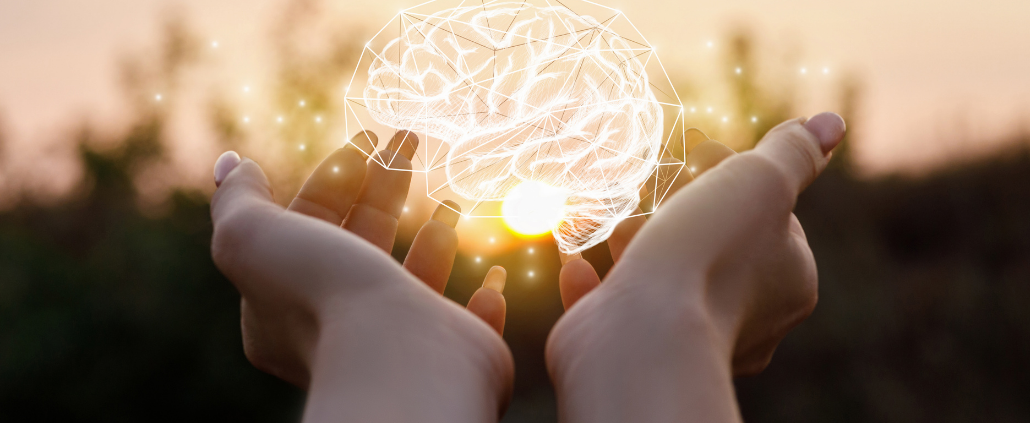5 Foods to Fight Fatigue: What to Eat for Energy (Vegan Friendly!)
We have all experienced those dreaded bouts of overwhelming tiredness and fatigue. Mindfulness is important in all areas of our lives, including what we eat. To fight fatigue, it can help to be mindful of what’s on your plate. A health report at Harvard stated that what and how you eat can retain “mental sharpness”. To keep your energy up, consider eating more of the following foods:
#1 Seasonal Fruits and Vegetables
Fruits and vegetables that are in season are picked once they ripen naturally, so they are more likely to contain all those good nutrients. Fruits are high in natural sugars which can be absorbed by our bodies and transformed into energy. Vegetables are a fantastic source of dietary fiber, a type of carbohydrate that can improve vitamin and mineral absorption in the body, which could raise your daily energy levels. Some of my favorites include dark leafy greens (like spinach and kale) and beets. Did you know you can eat both the beetroot and the leaves? They’re perfect for salads and side dishes!
#2 Bananas
One of my favorite foods and something I eat almost every day are bananas. They are high in potassium (needed to synthesize protein and metabolize carbohydrates!) and are perfect for that much needed energy boost. Bananas are also good for more than fighting fatigue. Other health benefits include increased muscle performance, lower blood pressure, and improved bone health.
#3 Sweet Potatoes
Sweet potatoes deserve a special shout-out as a helpful food to fight fatigue because they are high in various vitamins and minerals like iron, magnesium, and vitamins C and A. Vitamin C is required for our bodies to transport fat into the cells, where they are then burned off to provide us with energy. Vitamin A supports the immune system and is an essential vitamin for growth and development.
#4 Complex Carbohydrates
Choosing whole-grain foods and complex carbohydrates instead of processed, refined foods means that your body gets the full benefit of the added fiber and nutrients.
For example, oats are one of the best sources of slow-releasing energy because they are high in low GI complex carbohydrates. These types of carbs release energy much slower than high GI complex carbohydrates (like white bread and puffed cereals).
Another great complex carbohydrate is brown rice, one cup of which contains the daily requirement of manganese, a trace mineral that helps the body regulate energy.
#5 Nuts and Seeds
These powerhouse foods are some of the best to beat fatigue and give you that energy boost you need to get through the day. Try some brazil nuts (one brazil nut contains the daily recommendation for selenium) or pumpkin seeds (high in plant protein) for the perfect afternoon snack.
Bonus #6 Soybeans
Soybeans are high in calcium, potassium, and plant protein (over 16 grams of protein per 100 grams of soybeans!). They are a great energy-boosting addition to any meal. Soybeans are also high in magnesium (which helps increase the quality and duration of your sleep), improve blood circulation, and support heart health.
Our diet directly relates to how our bodies perform and how we feel. Fueling ourselves with the right foods can help increase our energy levels and fight off that fatigue. Support your body with those energy-boosting foods and support your mind with neuro-training on the Rewire App. Rewire’s Neuro-Training protocols are backed by over 10 years of scientific research and have been shown to create a cognitive adaptation that reduces your rate of perceived exertion (RPE) when under physical and mental load thereby increasing your capacity to perform at your best.
Sources
Harvard Health. (n.d.). A Guide to Cognitive Fitness. [online] Available at: https://www.health.harvard.edu/mind-and-mood/a-guide-to-cognitive-fitness.
Harvard Health Publishing (2019). Eating to boost energy – Harvard Health. [online] Harvard Health. Available at: https://www.health.harvard.edu/healthbeat/eating-to-boost-energy.
Porter, M.P. (n.d.). 7 Foods That Will Boost Energy Fast. [online] The Beet. Available at: https://thebeet.com/eat-these-7-healthy-foods-for-long-lasting-energy/ [Accessed 8 Apr. 2022].







